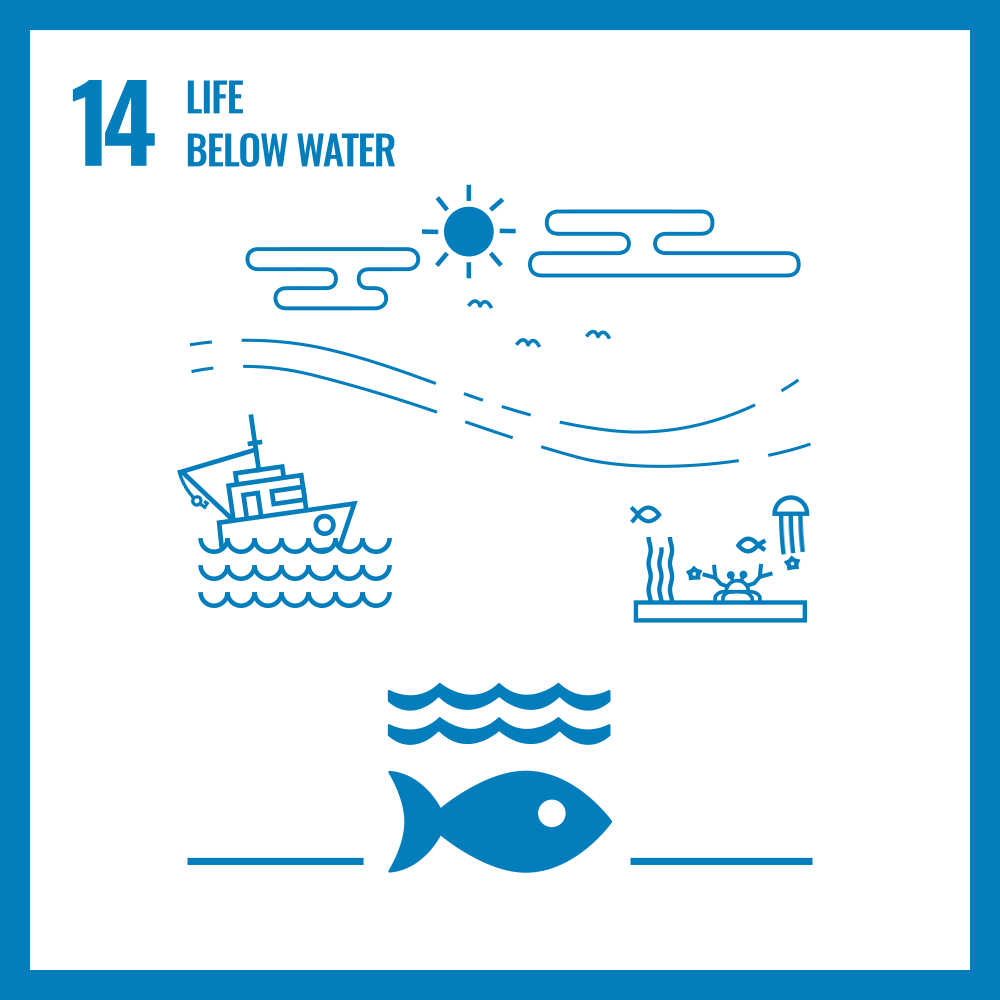The MSA’s work fully endorses the UN’s Sustainable Development Goals
The UN has 17 Sustainable Development Goals (SDGs), which are an urgent call for action by all countries - developed and developing - in a global partnership. The MSA’s work fully endorses the UN’s Sustainable Development Goals.
The UN has 17 Sustainable Development Goals (SDGs), which are an urgent call for action by all countries - developed and developing - in a global partnership. The MSA’s work fully endorses the UN’s Sustainable Development Goals. In particular, our work relates to two of the UN’s goals to:
Goal 14 Life Below Water
To conserve and sustainably use the oceans, seas and marine resources for sustainable development.
Goal 15 Life on Land
To protect, restore and promote sustainable use of terrestrial ecosystems, sustainably manage forests, combat desertification, and halt and reverse land degradation and halt biodiversity loss.
The whole Likely Suspects Framework (LSF) initiative, for example, is about taking a wider ecosystem-based view of salmon and salmon management across the life cycle, which is entirely in line with the UN’s aspiration for national exclusive economic zones to be managed using ecosystem-based approaches. The core team is focussing this year on building and integrating a robust data management system to allow for the collation and mobilisation of a large array of existing information sourced from around the Atlantic.
A key element will be to integrate the LSF system with existing modelling processes, such as those run by ICES Working Group on North Atlantic Salmon and NASCO to estimate salmon stock abundance. To achieve this the core team will work closely with these groups and will be a key contributor to the second NASCO/ICES sponsored Workshop on the LSF in June 2021. The LSF team are also integrated into other international data mobilisation initiatives to ensure compatibility and widen the scope of information that can be fully utilised for management.
By developing the evidence base we can best target our efforts to practically manage salmon so that they have a future in this rapidly changing world.
As an Alliance of five organisations, we will build on the existing work of our partners and maximise our impact by taking a coordinated approach and vital action in order to halt and reverse the decline of wild Atlantic salmon.
The goal of the Missing Salmon Alliance is to build an evidence-base to influence national and international decision-makers to regulate activities that adversely impact wild Atlantic salmon.
The Missing Salmon Alliance
The MSA is comprised of the following members:
Game & Wildlife Conservation Trust, Atlantic Salmon Trust, the Angling Trust with Fish Legal, The Rivers Trust and Fisheries Management Scotland.
https://www.missingsalmonalliance.org







